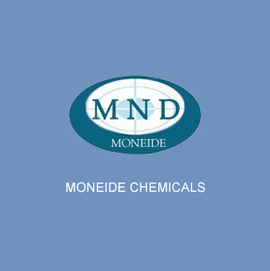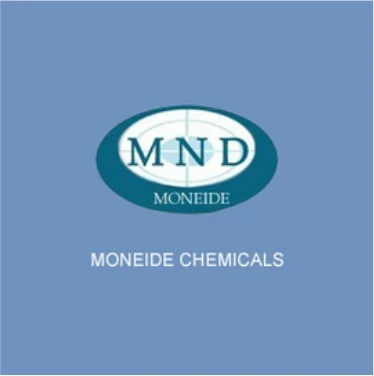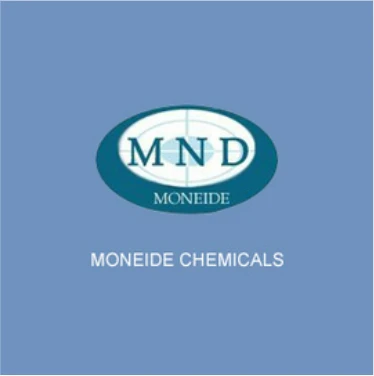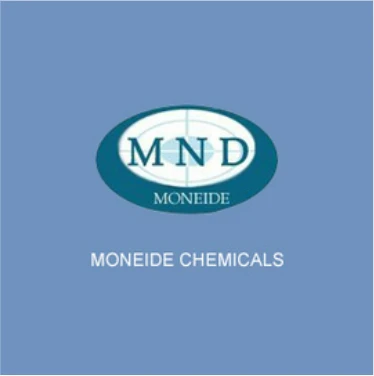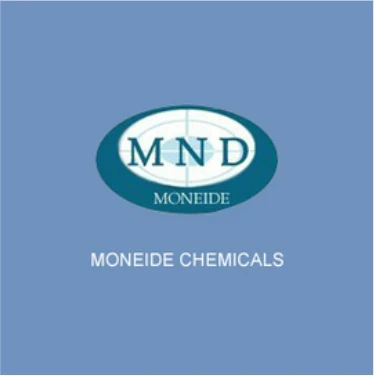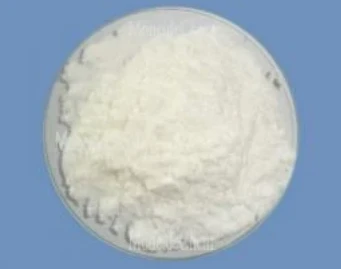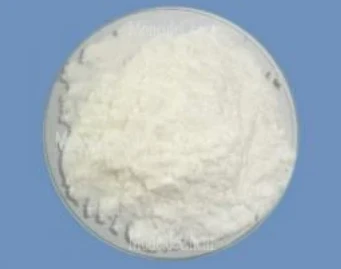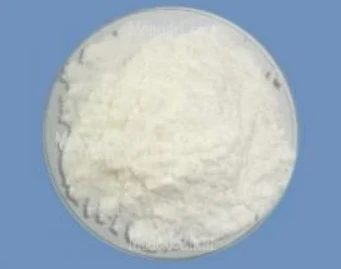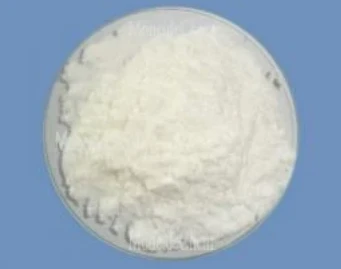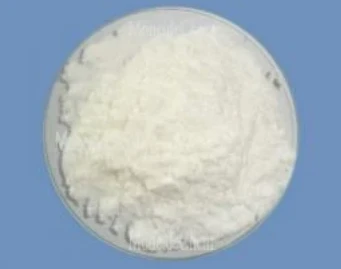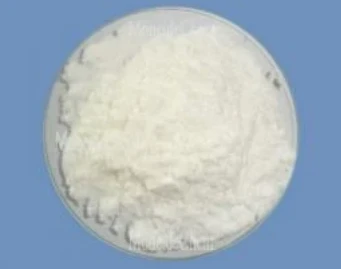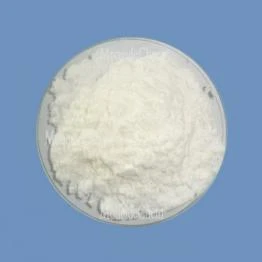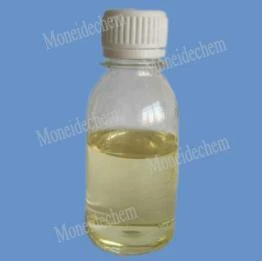Chào mừng đến với Công ty TNHH Thương mại Tangshan Moneide
Moneide Chemicals
Điện thoại: 86-315-8309571
WhatsApp/WeChat/Di động: 0086-15633399667
Skype: janet-honest
Address: 2-7-523 Jidong Building Materials Tangshan, Hebei 064000 China
|
Chemical Name |
Curcumin |
|
Tên khác |
C.I. 75300; C.I. Natural Yellow 3; Diferuloylmethane; 1,7-Bis(4-hydroxy-3-methoxyphenyl)-1,6-heptadiene-3, 5-dione; |
|
CAS No. |
458-37-7 |
|
Molecular formula |
C21H20O6 |
|
EINECS No. |
207-280-5 |
|
Molecular weight |
368.38 |
|
Molecular Structure |
|
|
Details |
Appearance: orange crystalline powder The sensitivity test of boron: pass Solublity in Ethanol test: pass Sensitivity Test: pass Sulfated ash(as SO4): 0.4% max.
|
|
Main Application |
Used for paper chromatography of spray show agent; Acid and alkali indicator; Boron photometric determination. |
Curcumin is the primary bioactive compound found in turmeric (Curcuma longa), responsible for its vibrant yellow-orange color and many of its health benefits. Chemically classified as a polyphenol, it possesses potent antioxidant and anti-inflammatory properties. Curcumin has been used for centuries in Ayurvedic and traditional Chinese medicine, and modern research continues to explore its therapeutic potential. However, its poor bioavailability when consumed alone has led to the development of enhanced formulations, such as those combined with piperine (from black pepper) or liposomal delivery systems.
What is curcumin good for?
Curcumin is renowned for its anti-inflammatory and antioxidant effects, making it beneficial for managing conditions like arthritis, metabolic syndrome, and even neurodegenerative diseases. Studies suggest it may support heart health by improving endothelial function and reducing LDL cholesterol. Its potential anticancer properties are also under investigation, particularly in slowing tumor growth. Additionally, curcumin aids digestion and may alleviate symptoms of depression by boosting serotonin and dopamine levels. However, most benefits require high doses or enhanced absorption forms to be effective.
Is curcumin the same as turmeric?
No, curcumin and turmeric are not the same. Turmeric is the whole spice derived from the rhizome of the Curcuma longa plant, while curcumin is just one active component (making up about 2–8% of turmeric’s weight). Turmeric contains other beneficial compounds like turmerones and essential oils, but curcumin is the most studied for its health effects. For therapeutic purposes, curcumin supplements (often standardized to 95% curcuminoids) are more potent than consuming turmeric powder alone, which provides much lower curcumin concentrations.
Is it OK to take curcumin daily?
Yes, curcumin is generally safe for daily consumption at recommended doses (typically 500–2,000 mg/day), especially when formulated for better absorption. Long-term studies show minimal side effects, though high doses may cause digestive discomfort in some individuals. Those on blood-thinning medications (e.g., warfarin) or with gallbladder issues should consult a doctor, as curcumin can interact with drugs or stimulate bile production. Choosing supplements with piperine or phospholipids enhances bioavailability, making daily use more effective. Always opt for high-quality, tested products to ensure safety.









